Alright – so today we’ve got the honor of introducing you to Kevin Katich. We think you’ll enjoy our conversation, we’ve shared it below.
Kevin , thanks so much for taking the time to share your insights and lessons with us today. We’re particularly interested in hearing about how you became such a resilient person. Where do you get your resilience from?
My resilience comes most directly from life experience. The music industry is a very vicious, cutthroat business, and I’ve had a lot of experiences that have led me to be as self-reliant as possible. Drummers who are creative and at a minimum participate in the songwriting and arranging process find themselves in a bit of a legal predicament that boils down to what the definition of a song is. Legally, a song is lyrics, melody and chords. Drum grooves and bass lines fall under the category of arrangement. Where this gets tricky is a drummer can come up with a really interesting groove to which a guitarist will then write a riff and legally speaking, the guitar riffs are technically considered songwriting (which translates into royalties if the song makes money) while the drum grooves are not. It’s also the same scenario when bands write music by simply jamming and improvising together and then organizing songs out of those improvised jams. Some bands circumvent this legal discrepancy by splitting everything evenly. Most bands, however, don’t, and as a musician, you really don’t know who you’re dealing with until the discussion of royalty splits comes up in conversation before the release of a song or album, usually after it’s already been recorded. I’ve been in this exact scenario many times and that has led me to become much more self-reliant with each lesson I’ve learned. My approach to conducting business with other musicians falls in two categories. In scenario one, I am a contractor that gets paid upfront for my services. In scenario two, I am the songwriter that handles the composition, including arrangement that then hires contractors to play the parts. I avoid anything in that middle ground because that’s where things get hairy and complicated.
In the spirit of becoming more self-reliant, my journey led me to run my own teaching practice full-time, which is fantastic because I only have to rely on myself to figure out the marketing methods that bring me students. This, in turn, enables me to be even pickier about the gigs and contract work that I take on. The more selective I am about the contract work I take on, the more in control I am of my career, and the more artistically satisfied I am with the projects I take on.
Anyone who wants to pursue their dream in the music industry really needs to understand that things really are not going to go the way you expect them to more often than not. You will learn a lot of hard lessons and deal with some really difficult personalities. It’s inevitable, so my advice is to pursue your dream to its fullest extent, but do so while having some sort of independent job related to your passion. Or alternatively, pursue your passion while having a lucrative occupation unrelated to your passion if you can stomach it, and use some of your wealth to fund your music career independently. By shifting my career more towards teaching and less towards “making it” in the music industry (whatever that actually means), the pressure of needing to “make it” has been alleviated. As a result, I am much happier and more liberated, and everything I do artistically is motivated by the creation of genuine and honest art and expression, without the pressure of numbers. As a result, I no longer have an attachment to “making it” the way I did in my younger years. Things may not work out the way you envision, but they do work out in the end if you pursue your passion and learn from every lesson.
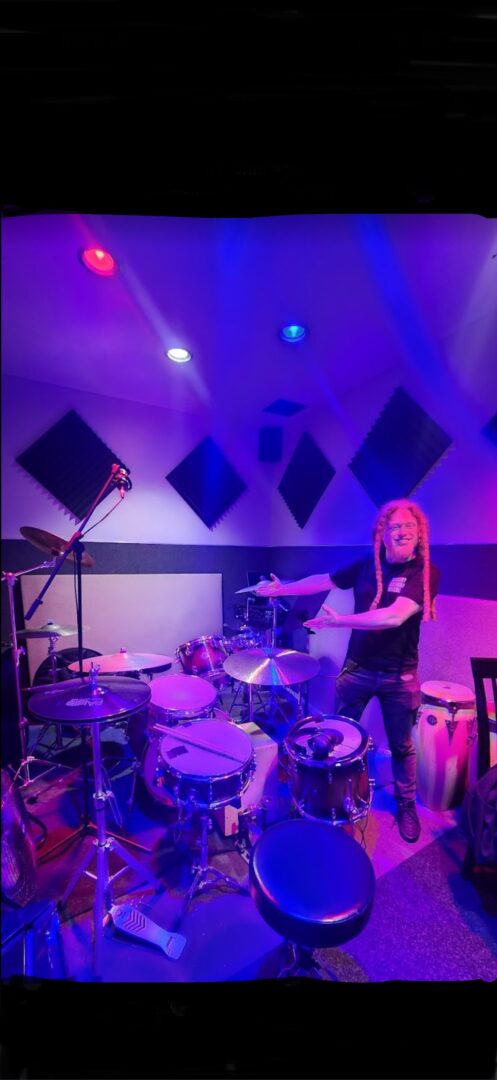
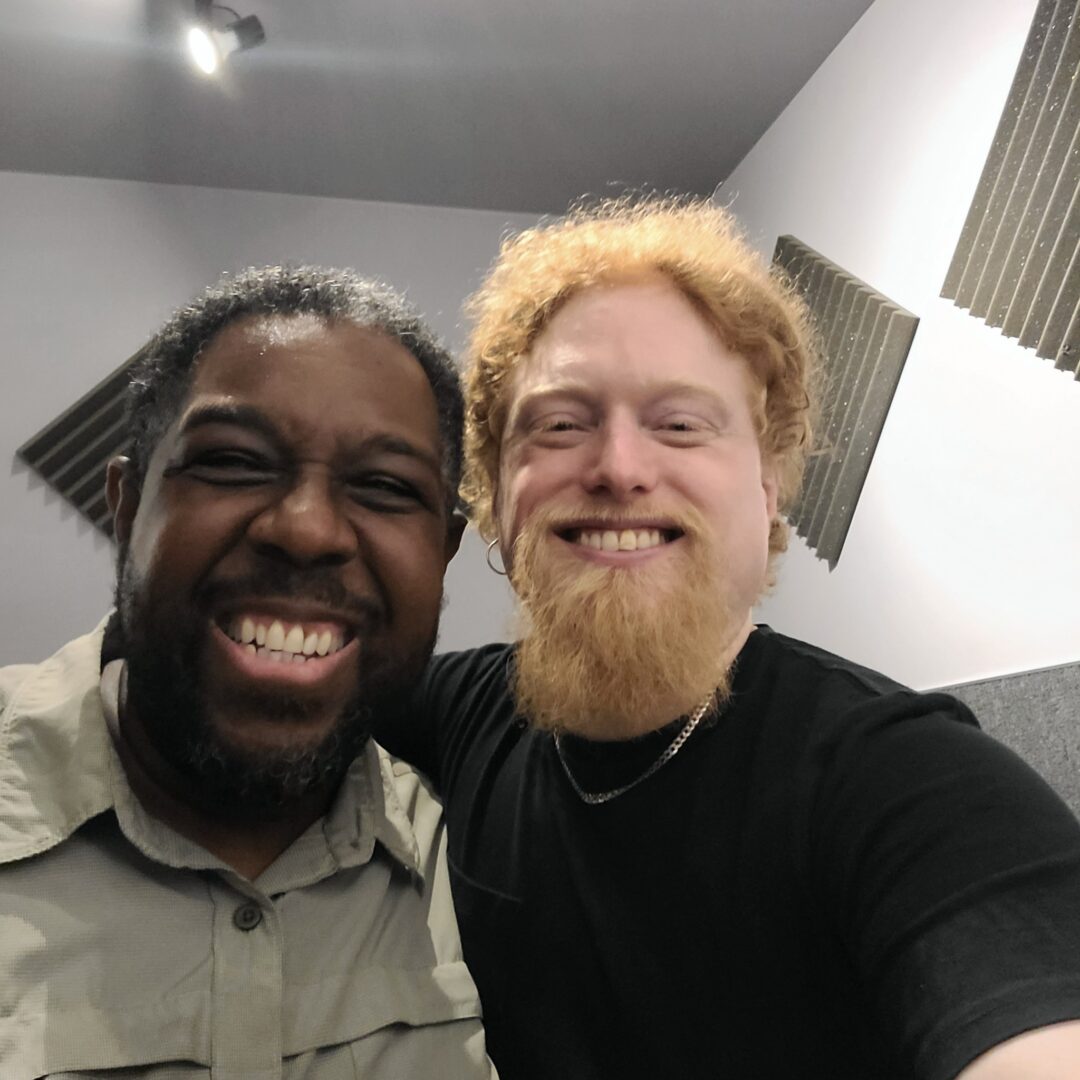
Appreciate the insights and wisdom. Before we dig deeper and ask you about the skills that matter and more, maybe you can tell our readers about yourself?
My name is Kevin Katich and I am a working drummer and drum teacher in Los Angeles. I have my own teaching practice, Kevin Katich Lessons, located in a lockout space at 1938 Cotner Ave. Los Angeles, CA 90025. I teach students ages seven and older, ranging from total beginners to advanced drummers to fellow professional drummers who want to clean up their technique (including jazz legend, Marvin Smitty Smith and touring metal drummer, Greg Amentt). I am currently teaching on Monday, Tuesday, Thursday, Friday and Saturday afternoon/evenings by appointment only. To reach out to me to book a lesson, please use the contact form at www.kevinkatichlessons.com and I will be in touch shortly!
I am a working drummer and percussionist. I have been playing since age 7, professionally since my teens and teaching freelance since I was 19 years old (I’m now 36). I also worked part time at School of Rock West LA for 11 of those years in addition to freelance teaching. Up to about age 30, I treated teaching as a side hustle to support my music career, but in the last 6 years it has become my career priority.
I specialize in Moeller and French technique for the hands, slide and heel-toe techniques for the feet and focus on ergonomics, body mechanics and breath work to maximize efficiency, conserve energy and protect the body. I keep the lessons fun, well-rounded and goal centered. Within a lesson, we will tackle rudiments, linear phrasing, grooves and songs in the early stages. Once a student new to the instrument is able to play through 5 or 6 songs, I will cater songs to their musical taste going forward, which keeps them super motivated. Once they have some grooves, rudiments and linear phrases down, I teach them the building blocks little by little of improvising fills utilizing the rudimental and linear phrases we’ve covered, but without overthinking it. This not only gets the student into flow state, but acts as a catalyst to get the student to develop their own style, licks and orchestrations without much additional thought. This is a new development in my curriculum, that I am over-the-moon excited to have implemented. It is pushing my students to grow even faster than they already were, largely because I am also teaching them to play each note with intention by placing limitations on them in the early stages of improvisation. I am so excited to see my students rapidly growing, not just from a technical perspective, but from a musical perspective. I’m witnessing a lot of my students come up with some phrases and orchestrations that I have never come up with in my own playing, which is how I know they’re developing their own style without too much direct influence from my playing or their direct musical influences’ playing. It’s incredibly rewarding and exciting to witness!
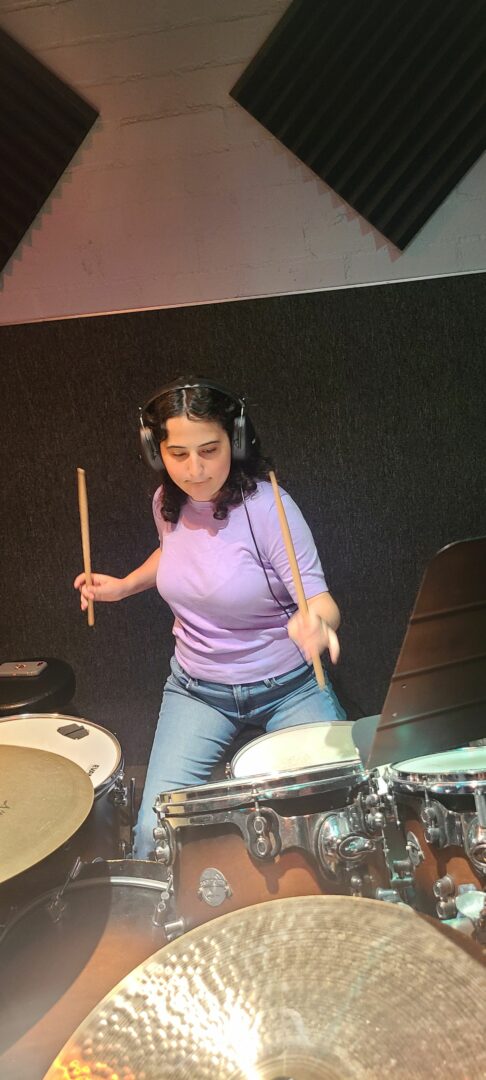
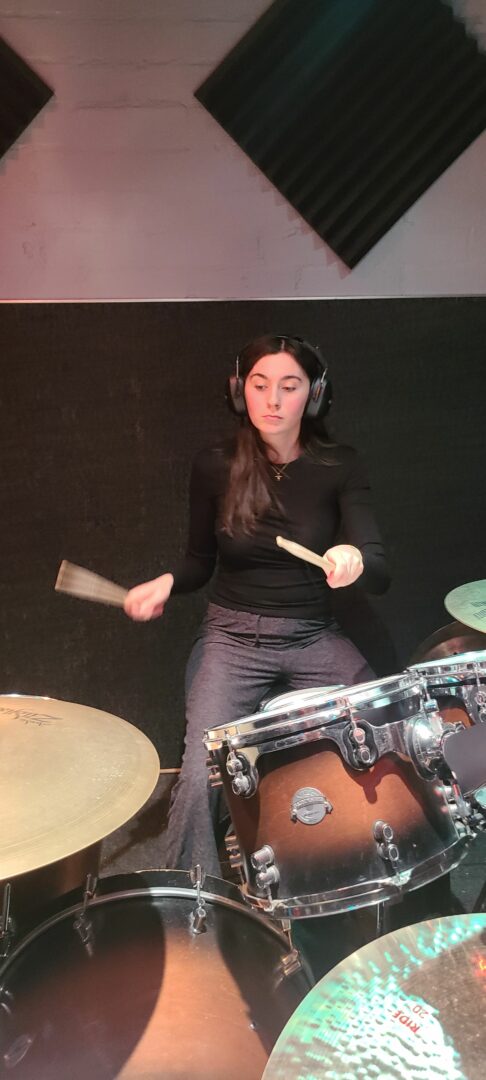
Looking back, what do you think were the three qualities, skills, or areas of knowledge that were most impactful in your journey? What advice do you have for folks who are early in their journey in terms of how they can best develop or improve on these?
I have always been stubborn, for better or for worse. But in this case, I would argue that my stubbornness has worked in my favor. I decided at 10 years old that I wanted to be a full-time musician and never looked back. And no matter how difficult this industry has been to me, I’ve never walked away from it because I defiantly wanted it so badly. Now I can say that I make 100% of my income independently from music. Most of it comes from teaching, the rest comes from gigging and recording. Not many musicians can say they make their full income as an independent musician and live comfortably, but I can. I wouldn’t be here today if it wasn’t for my perseverance, and for that I am grateful. I have such a blast teaching music and in certain respects actually enjoy teaching more than simply playing music full-time. It’s so satisfying and rewarding and clearly what I’m supposed to be doing.
In terms of skills, teaching is its own skillset. There are a lot of outstanding musicians that don’t have the skill set of teaching, because it’s a completely different talent from playing. On the flip side, occasionally, you will encounter a musician who is a relatively mediocre player, but really does understand how to teach and knows how to keep a student excited and grow their talent. Having both skills makes one an unstoppable teacher. Having done this for sixteen years, I understand how to get inside a student’s head and figure out what makes them tick. Because of my experience, I know how to lay the groundwork for a student while simultaneously predicting their next move and staying ten steps ahead. In addition to the skillset of teaching, I have a solid understanding of ergonomics, body mechanics and breath work, all of which are major staples of my lessons.
In addition to that, I have a lot of experience as both a recording drummer/percussionist and an audio engineer and am super production-minded by nature at this point. Because of my production and audio-engineering background, I am able to convey to my students the do’s and do not’s of drumming in that context. Sometimes when creating from a drummer’s perspective, a great drum orchestration/arrangement idea will come about that just doesn’t translate well when recording, usually due to competing frequencies within the drum kit (which can cancel out the attack and muddy up some of the notes and make them less impactful). I help my students navigate these sorts of problems by getting in front of them before they become problems and get them thinking like producers/audio engineers when they orchestrate grooves, fills and improvisational passages. This ultimately gets them playing more musically and saves them a ton of time and frustration. This is something lacking in a lot of drum education. I can tell you that early in my career, I would prep for recording sessions by drilling the grooves and fills I’d create for songs and commit them to muscle memory, only to have the producer severely water down my parts without any sort of technical explanation, even when asked. In some of those cases (but certainly not all), I can see retrospectively what the producer was thinking, even though they didn’t articulate it. Creating drum parts that take each frequency group into consideration and blend those frequencies properly instead of overusing a particular frequency group really makes a world of difference, from both a musical and technical perspective. One thing I’ve really discovered through teaching is that placing limitations on oneself opens up whole new avenues of creativity, while keeping the phrasing articulate and easy for the listener to follow.
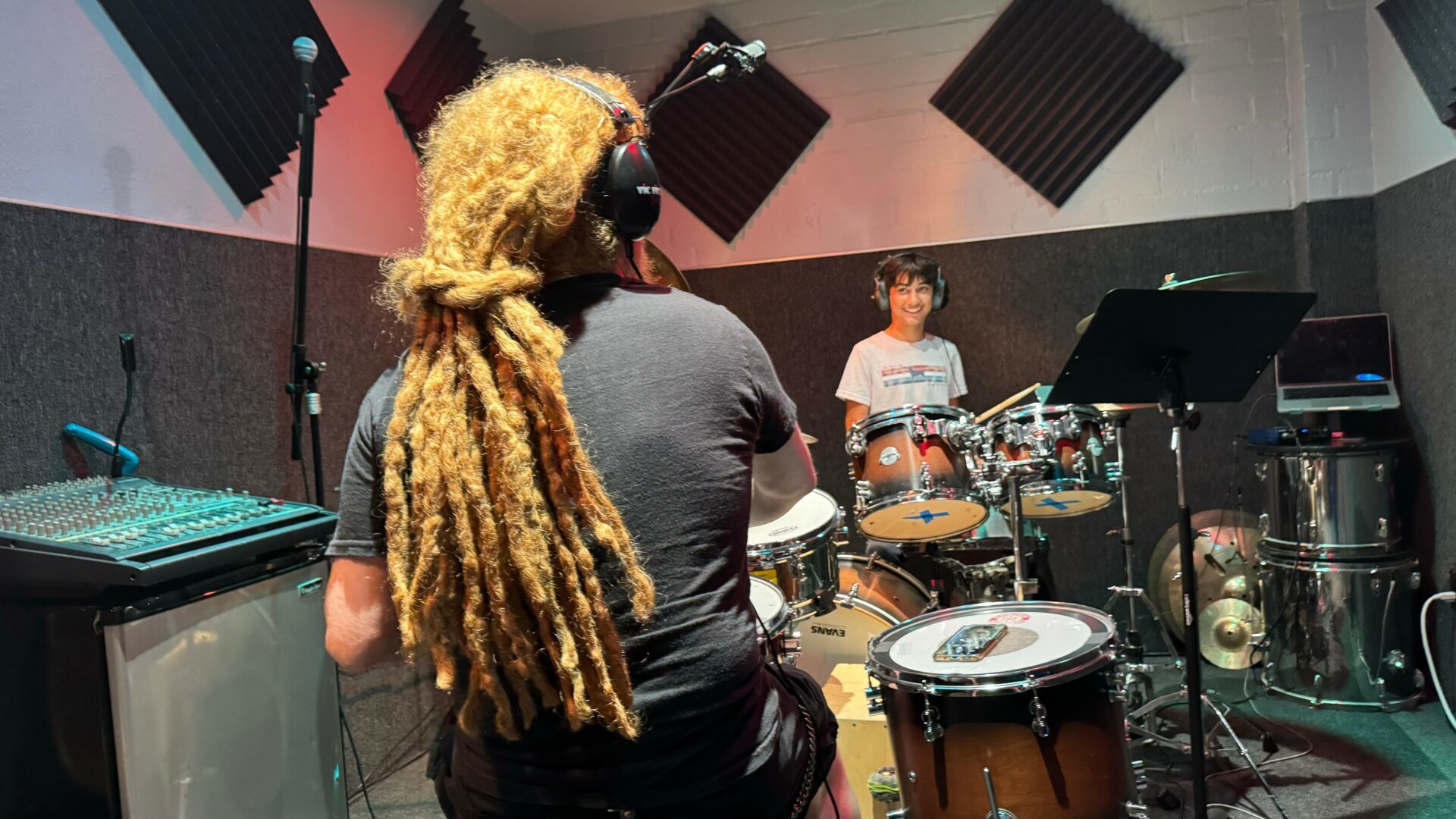
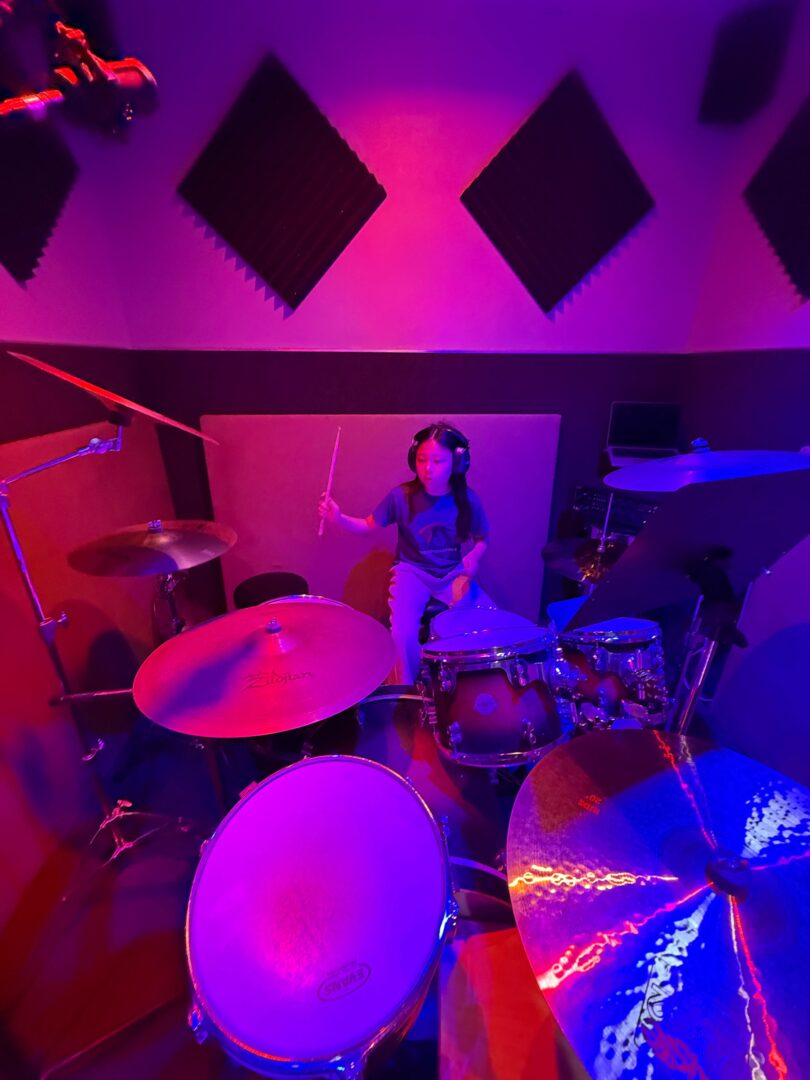
All the wisdom you’ve shared today is sincerely appreciated. Before we go, can you tell us about the main challenge you are currently facing?
My number one obstacle right now is finding balance. Running my own teaching practice is so rewarding and I really don’t have the right to complain. That being said, no one ever tells you how much extra busy work goes into running your own business, and one area in my life that has suffered as a result of that is carving out the time to work on my own music. As a result, my own music is moving at a snail’s pace at the moment. But that’s OK. I am disciplined enough to find the time to do it . Fortunately for my sake, I am independent and thus not getting any pressure from a label to complete things in a timely fashion. I can take the necessary amount of time to complete these songs to my satisfaction without a deadline. My goal moving forward is to carve out a night or two a week regardless of what’s going on as much as I am able to to focus on working on my own music now that I’ve knocked a lot of the busy groundwork out of the way for my teaching practice.
Contact Info:
- Website: https://www.kevinkatichlessons.com
- Instagram: @lucid_drummer
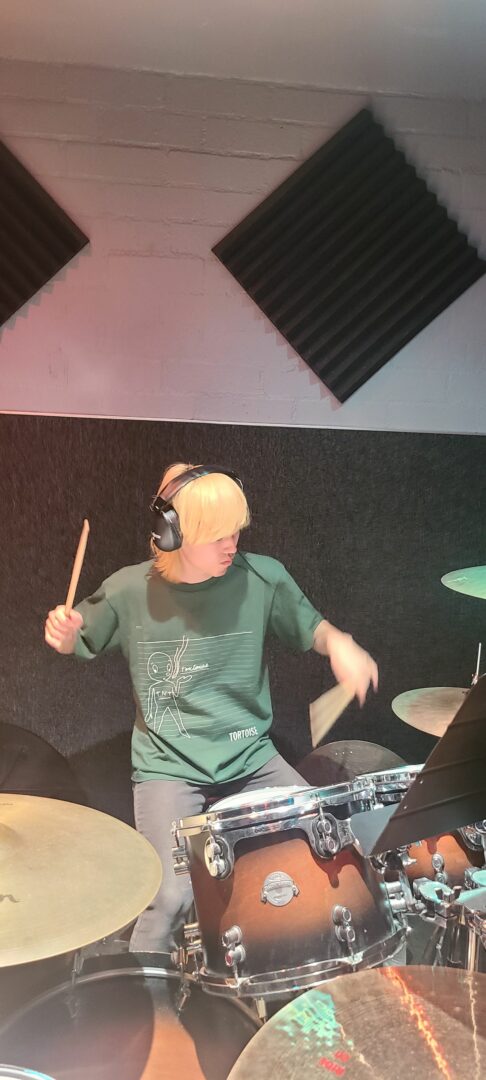
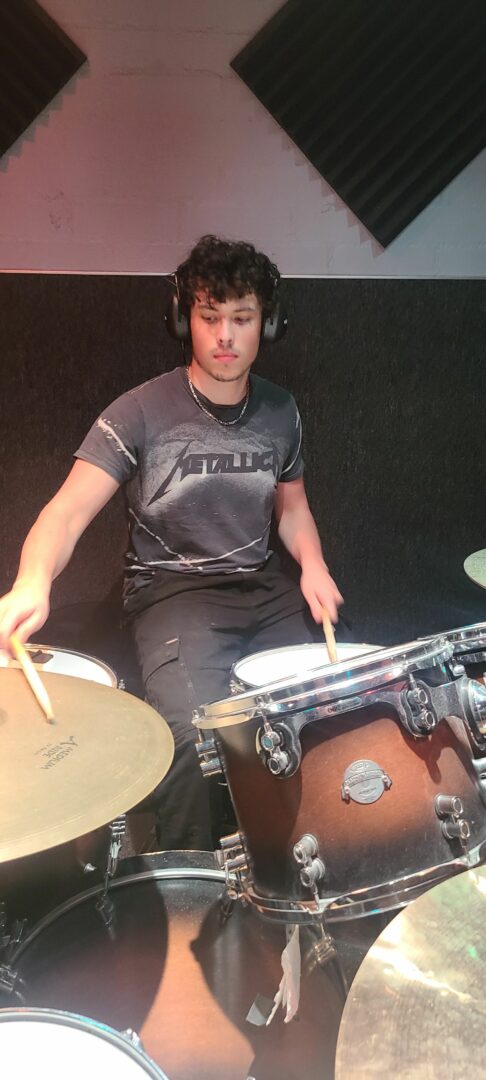
so if you or someone you know deserves recognition please let us know here.




